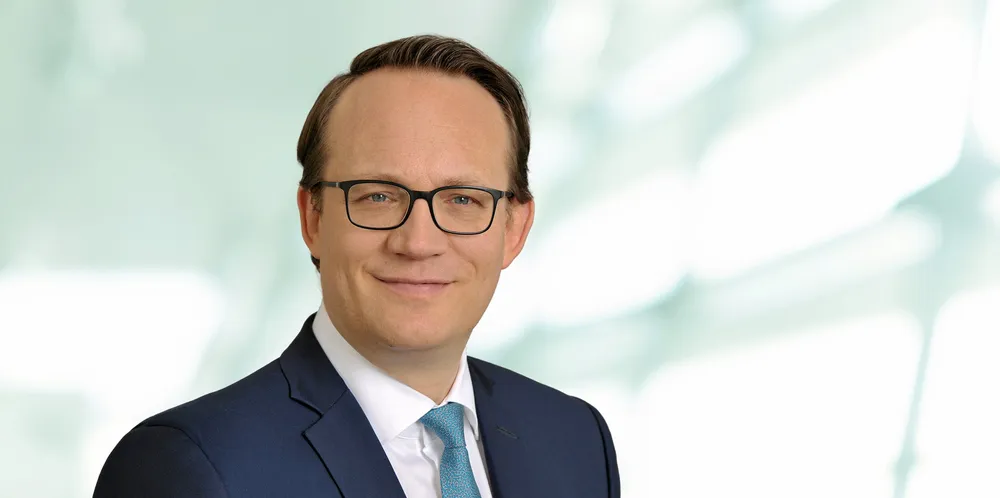'Green energy world will be cheaper' RWE CEO says as Germany faces gas crunch
Economics minister Habeck announces measure to save gas and avoid rationing in coming winter that include longer use of coal power plants

Economics minister Habeck announces measure to save gas and avoid rationing in coming winter that include longer use of coal power plants
